Back
Ravi s bhardwaj
We builds future • 7m
🎭 The Thiel Files: When Being Wrong Makes You Right Peter Thiel has made a fortune by being the only one in the room who says, “Actually, I disagree.” In a world built on consensus, Thiel thrives on conflict. He doesn’t chase trends—he questions them. He doesn’t compete—he avoids competition entirely. That mindset has shaped everything from PayPal to Palantir, and it’s why he remains one of Silicon Valley’s most intriguing figures. From Frankfurt to Stanford (and War) Born in Frankfurt in 1967, Thiel moved constantly as a child, finally landing in California. At Stanford, instead of blending in, he launched The Stanford Review—a libertarian-conservative paper that existed to challenge political correctness. He became obsessed with René Girard’s theory that human desires are imitative, which leads to harmful competition. Thiel’s conclusion: if everyone wants the same thing, maybe the smartest move is to want something totally different. PayPal: Viral Growth Before It Was Cool In 1998, Thiel co-founded Confinity to send money between Palm Pilots. That idea fizzled—but the pivot to online payments changed everything. He made a bold move: pay users $10 to sign up and refer friends. Critics laughed. But Thiel knew the power of viral loops. The growth exploded. After a messy merger with Elon Musk’s X.com, Thiel became CEO. In 2002, PayPal was sold to eBay for $1.5 billion—and the “PayPal Mafia” was born, with alumni going on to build Tesla, YouTube, LinkedIn, and more. Facebook: The Bet Everyone Missed In 2004, most thought social media was a fad. But when Mark Zuckerberg pitched “The Facebook,” Thiel didn’t care about revenue models—he cared if people would use it. He invested $500,000 for a 10.2% stake. It was risky, but when Facebook went public in 2012, that bet was worth over $1 billion. And he did it outside the typical venture fund structure—it was pure contrarian instinct. Palantir: Seeing the Invisible Palantir, founded in 2003, aimed to help governments connect massive data sets. Named after Tolkien’s “seeing stones,” the company was backed by the CIA and became crucial in fighting terrorism and tracking complex networks. Critics worried about surveillance. Thiel leaned in. Today, Palantir is worth over $20 billion and powers everything from defense to logistics. Zero to One: The Anti-Business Book In 2014, Thiel published Zero to One, arguing that competition is overrated—and monopolies are the goal. Don’t copy. Create something no one else can. He backs this with the Thiel Fellowship, which gives young founders $100K to skip college and build. Elitist? Maybe. But many fellows have gone on to create billion-dollar companies. The Gawker Shutdown After Gawker outed him in 2007, Thiel didn’t fight publicly. He funded lawsuits—including Hulk Hogan’s—that ultimately bankrupted the company. Some saw it as revenge. Others saw it as holding toxic media accountable. Thiel simply said, “They bullied people for sport.” Political Provocateur In 2016, Thiel broke Silicon Valley’s liberal mold by backing Trump—and speaking at the Republican National Convention. His speech was classic Thiel: part shock, part sense. He remains politically active, backing outsiders and pushing against both mainstream parties. Betting on the Impossible Through Founders Fund, Thiel backs companies others think are too risky: SpaceX, Stripe, Airbnb, and even floating cities. Their motto says it all: “We wanted flying cars, instead we got 140 characters.” He’s also investing millions in anti-aging tech. While most accept death, Thiel treats it like a bug to be fixed. Legacy of a Contrarian Thiel’s career is a case study in what happens when you think differently, bet early, and refuse to follow the crowd. You may not agree with him—but you can’t ignore him. And if his track record proves anything, it’s this: being wrong in public is often the first step to being right in history.
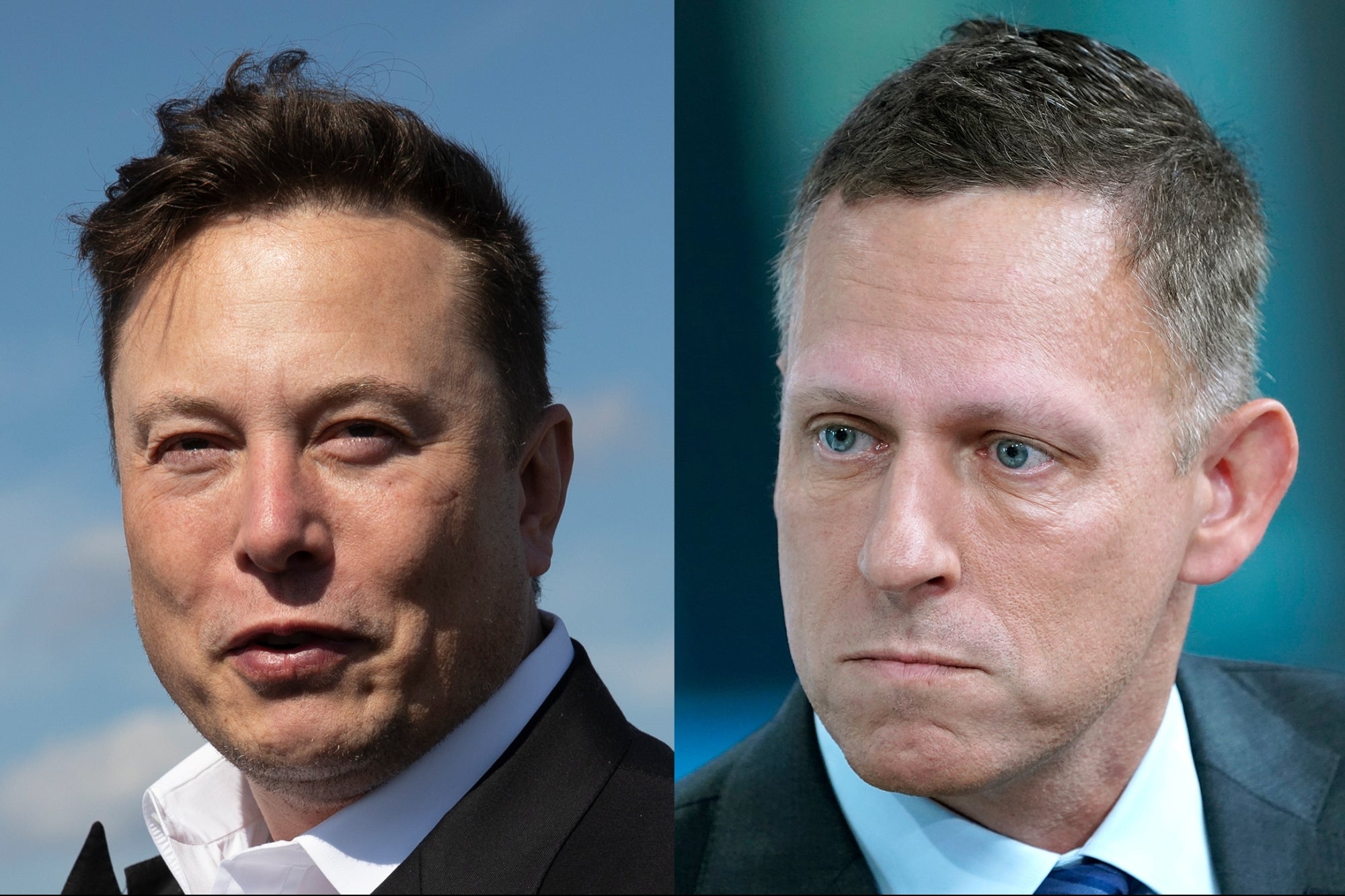
Replies (1)
More like this
Recommendations from Medial
Account Deleted
Hey I am on Medial • 1y
Let's Discuss Payal Mafia and Some Famous Names behind this 🚀♥️🤑 •The PayPal Mafia is a group of former PayPal employees and founders who have since founded and/or developed additional technology companies, collectively impacting the tech industry
See More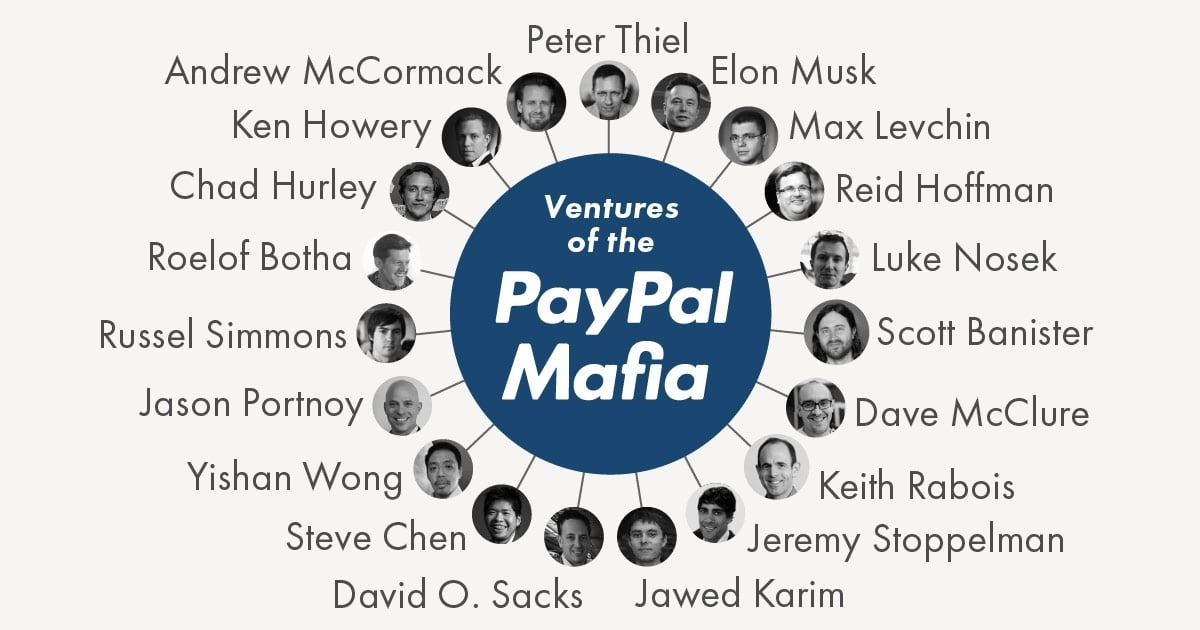
Tushar Aher Patil
Trying to do better • 8m
Day 12 The Syndicate That Built Silicon Valley: A Tale of The PayPal Mafia In the wild west of the late 1990s dot-com boom, two outfits were squaring off. On one side, Max Levchin and Peter Thiel ran Confinity, dealing in PalmPilot software and secur
See More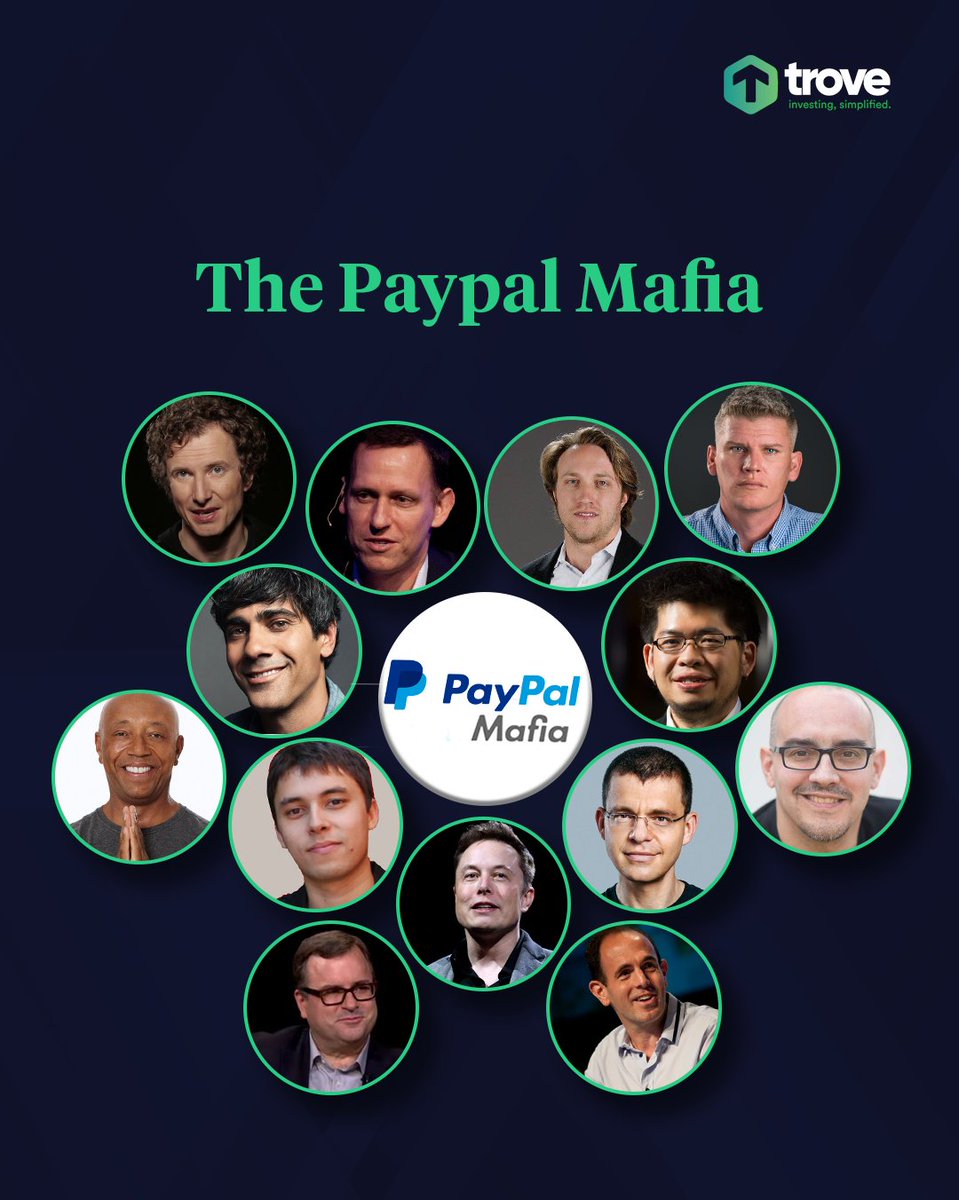
Account Deleted
Hey I am on Medial • 6m
Top 7 People of the Palantir Mafia and Their Startups... 1. Joe Lonsdale – After co-founding Palantir, he started 8VC, a big venture capital firm, and OpenGov, which builds software for governments. 2. Akshay Kothari – Worked at Palantir early on,
See MoreDownload the medial app to read full posts, comements and news.





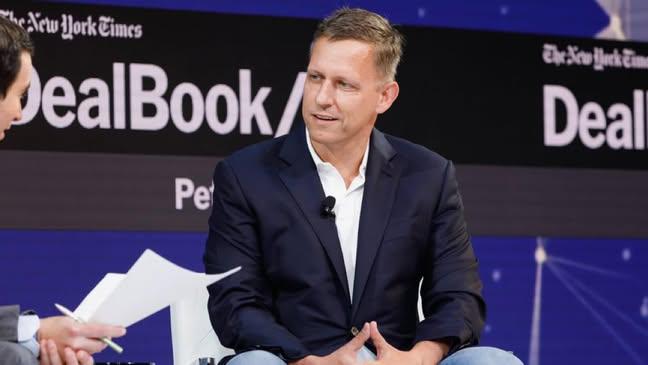
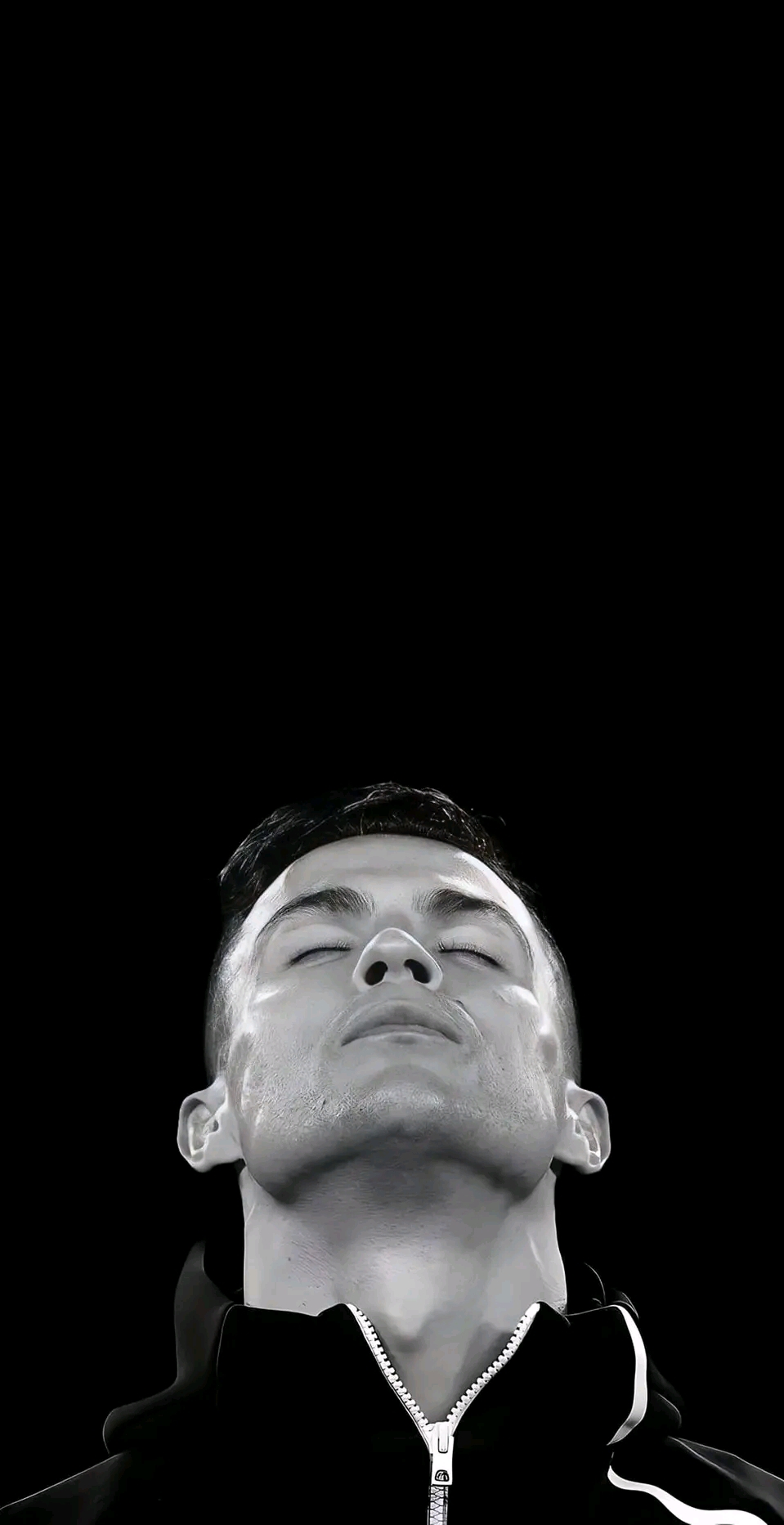


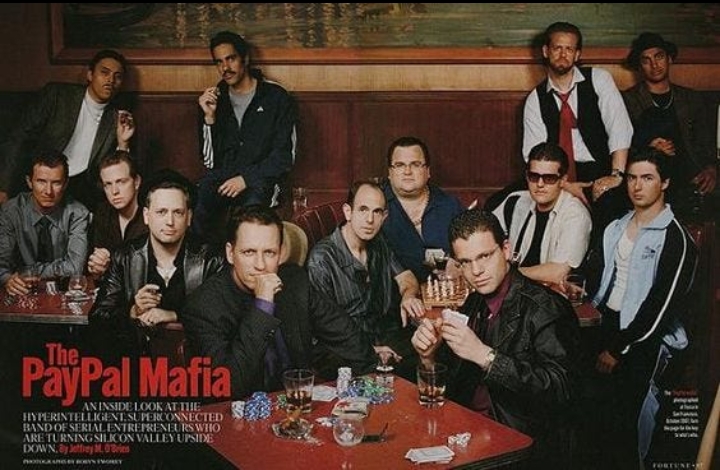

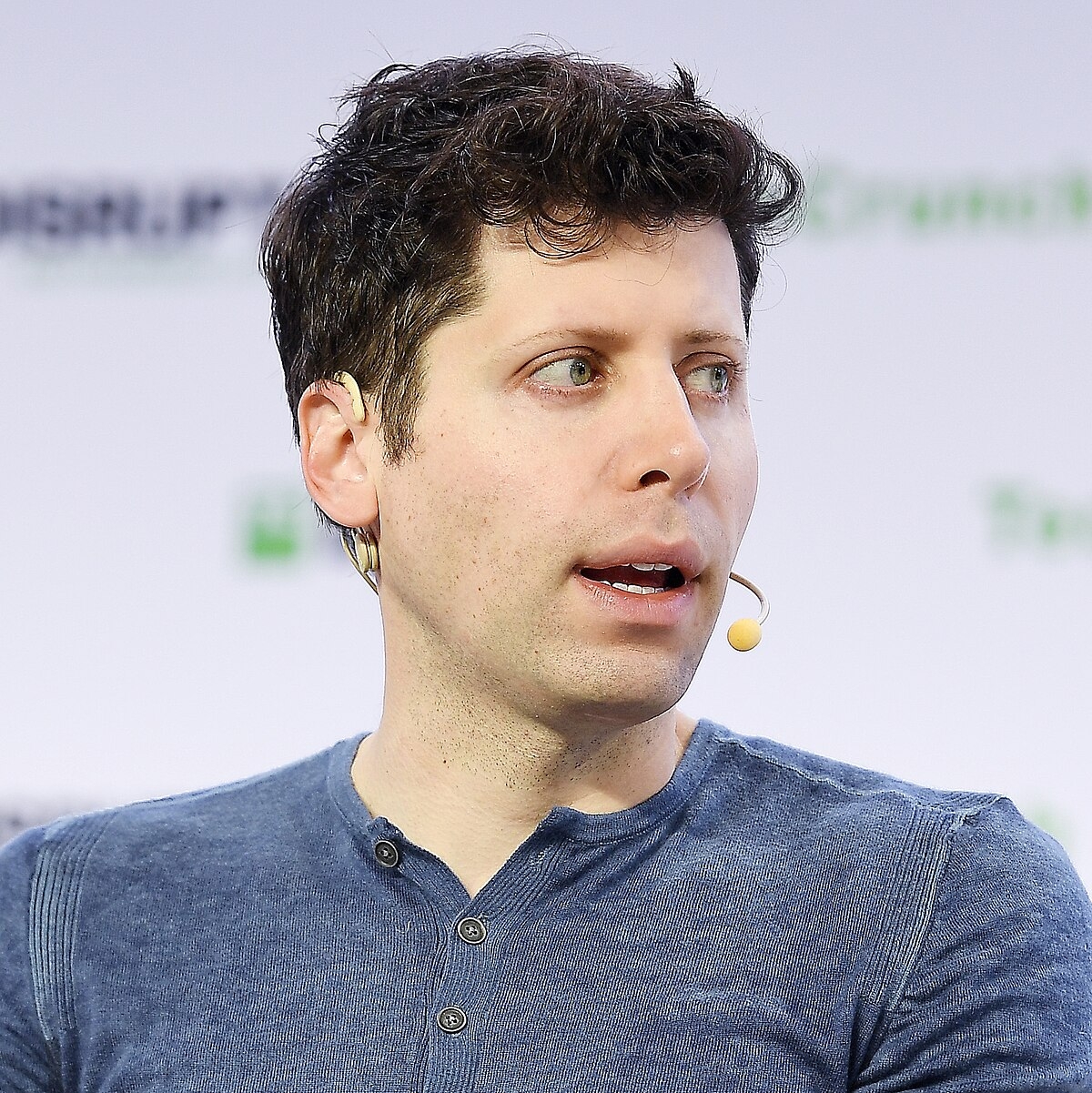

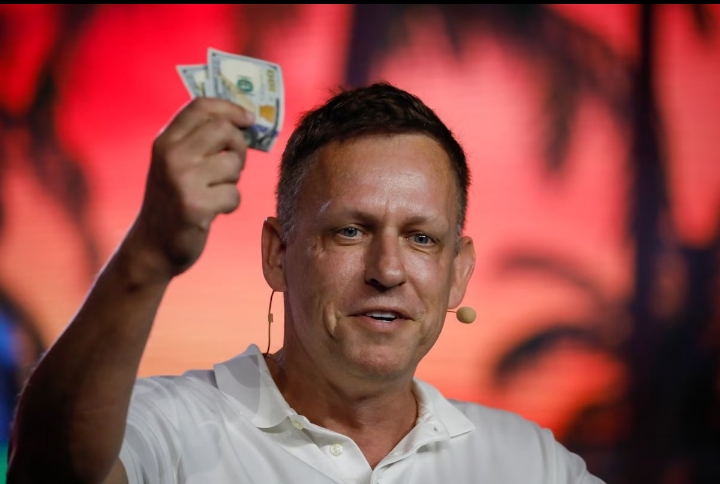


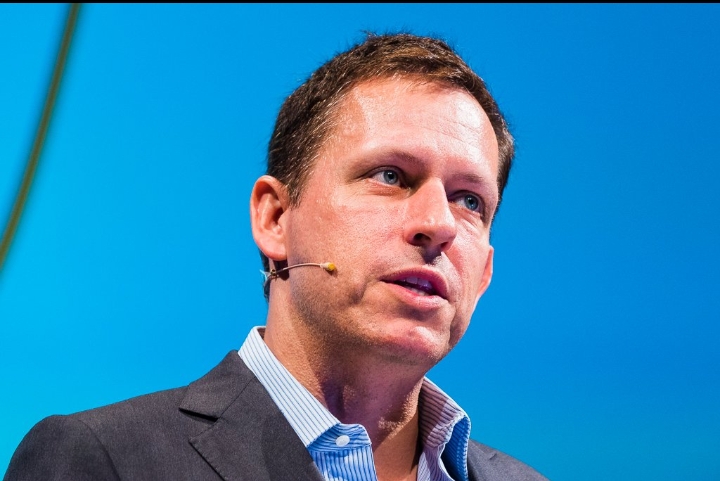

/entrackr/media/post_attachments/wp-content/uploads/2021/08/Accel-1.jpg)



















